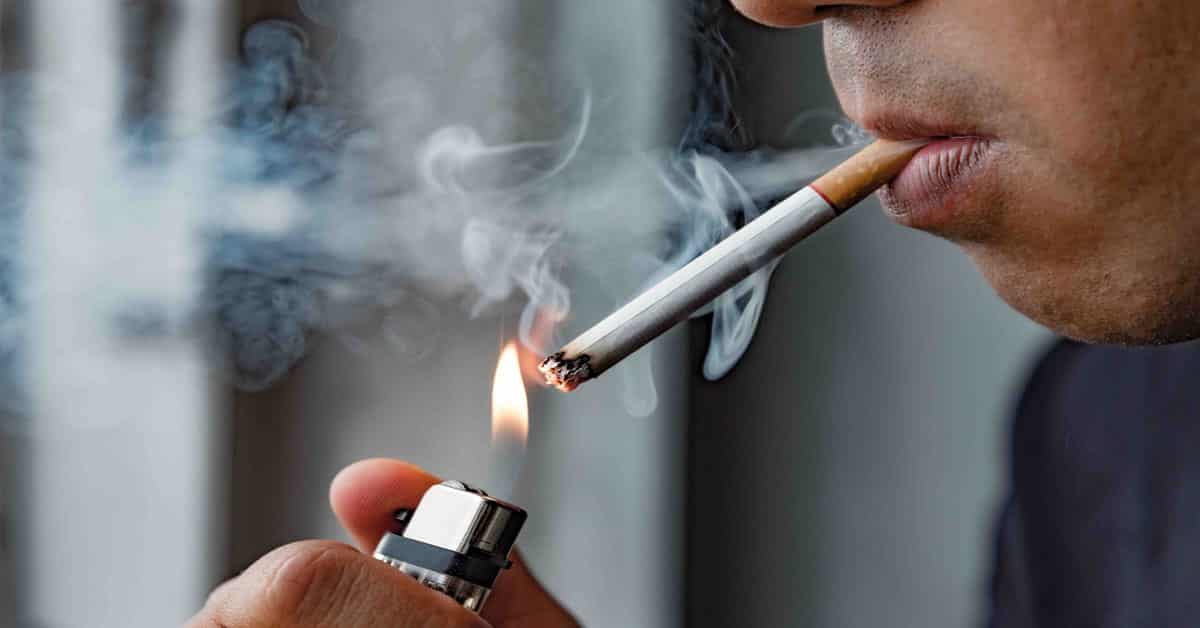In December 2021, New Zealand shocked the world when it announced a never-seen-before measure—a cohort smoking ban. It basically stipulated that individuals aged 14 and below in 2027 would not be allowed to purchase cigarettes.
In a case of monkey see, monkey do (almost), Singapore has taken a liking to this ban and is now scrutinising New Zealand’s implementation of it.
YPs and XMMs: screams
For non-smokers, this presents a benefit as there is less of the secondhand smoke effect which is known to have equally detrimental health impacts as smoking itself such as risk of lung cancer, cardiovascular disease and stroke.
In Parliament on 11 January 2022, Minister of State for Health, Koh Poh Koon said “it is an attractive proposal, in that it prevents young people from taking up smoking while not putting too many restrictions on older smokers. Then, of course, as the years go by, more and more cohorts are smoking free.”
Cohort Ban Less Effective in Singapore
However, while the ban may sound attractive, it is less practical locally. Dr Koh added that youths in Singapore are more educated on the harms of smoking cigarettes and hence tend to smoke less as compared to youths in other countries. Yay.
Instead, e-cigarettes have been on the rise lately. Oh.
Despite being illegal, these smoking devices can still be found in the country and have become immensely popular with Singaporean youths, namely YPs.
Dr Koh states that more has be to done to enforce the existing ban to “push back against the tide of popularity and increasing use of e-cigarettes.” He adds that “if vaping becomes entrenched among the younger generation, it undoes all the progress we have made on curbing smoking, and will take an enormous effort over many years to curb its use.”
Additionally, enforcement of the ban presents a challenge as laws must be imposed to prevent older individuals from supplying tobacco products to those who are subject to the cohort ban.
Existing Measures Still Most Effective
In response to Members of Parliament who asked about measures to reduce smoking in Singapore, Dr Koh said the tobacco tax has been the most effective.
Substantiating with numbers instead of citing from a Telegram group chat, Dr Koh added “for every 10% increase in real price, there will be about a 3% to 5% decrease in overall tobacco consumption, a 3.5% reduction in young people taking up smoking.”
Other measures the government implemented were the standardised packaging and enhanced graphic health warnings being mandatory for all tobacco products sold in Singapore as well as the raising of the minimum smoking age from 19 to 21.
This contributed to a decline in smoking among younger adults aged 18 to 29, from 9.8% in 2017 to 8.8% in 2020, Dr Koh said.
Join our Telegram channel for more entertaining and informative articles at https://t.me/goodyfeedsg or download the Goody Feed app here: https://goodyfeed.com/app/
Finding New Approaches to Reduce Smoking
With regards to future action, Dr Koh said “we will study how New Zealand implements the ban, its effectiveness and how their experience could be applied here to Singapore.”
He maintained that the Ministry of Health will continue to enhance its approach to tobacco control through public education, provision of smoking cessation services, legislation and taxation. Adding on, he said they will study new measures to further reduce access to tobacco products and tackle vaping, particularly among youths.
Cigarettes or e-cigarettes, both result in negative health impacts on both us and those around us, so don’t smoke kids. It’s not cool.
Read Also:
- 10 New Facts About the Bentley vs Security Guard Incident
- Tourist Threatened With $120K Lawsuit for Negative Review of Thai Resort
- Leader of the House Reprimanded PSP’s Leong Mun Wai for Making Unsubstantiated Allegations Against Teachers
Featured Image: Nopphon_1987/ shutterstock.com
